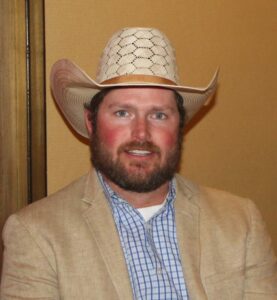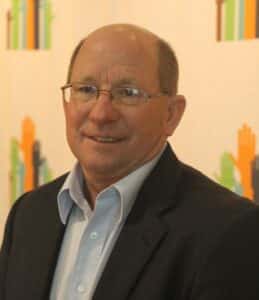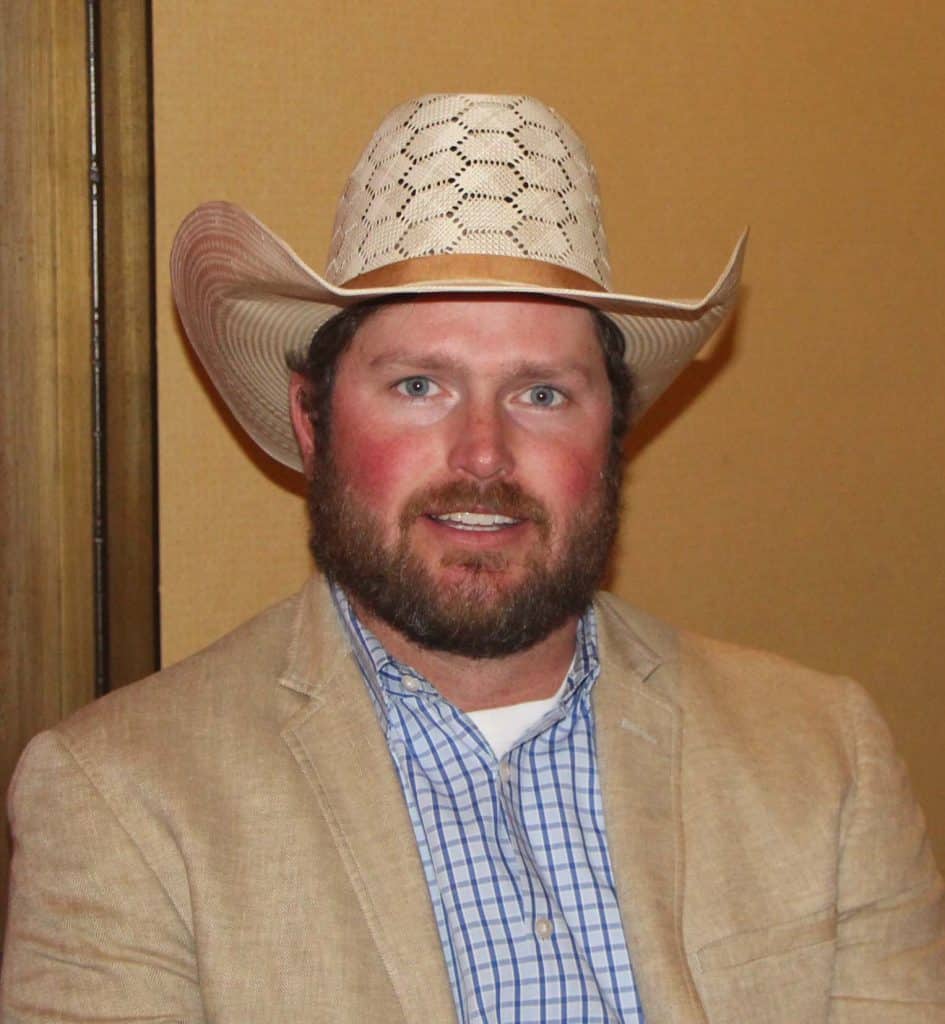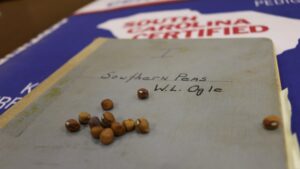Planting season is here for some farmers and just around the corner for others. When it comes to seed selection and planting season, Jay Hill and Ray Gaesser — two growers from different parts of the country who farm very different crops — say trials and personal attention matter.

Hill, who is in his early thirties, is a second-generation farmer from Mesilla Park, NM. In partnership with his father, Hill operates Hill Farms and Wholesome Valley Farms. Hill Farms produces more than 18 million pounds of fresh onions, 3 million pounds of fresh lettuce and an assortment of other crops, including carrots, cabbage, pinto beans, pumpkins, cucumbers, watermelons and New Mexico green chile. In addition, Hill owns and operates Wholesome Valley Farms, which includes hydroponic greenhouse production, vegetable seed production and a large organic vegetable farm.
As you move to the north and to the east where the soil is more suited to corn and soybean production, you’ll find Gaesser of Gaesser Farms in Corning, Iowa. In his 40th year farming, Gaesser grows 6,000 acres of corn and soybeans, split 50:50, and incorporates no-till and cover crops. He started by planting 200 acres of cover crops in 2010. Each year he’s increased that number and this past fall, Gaesser planted 3,100 acres with cover crops.

While these two farmers may be very different in what and where they grow, they both need and expect the same service from seed companies. Having that personal connection or relationship is important, as well as helping conduct trials and bringing new technologies to the farm.
“I don’t do email well, and I don’t do text messages well,” Hill says. “I love to pull up to the barn and see the seed rep’s pickup there, knowing he’s coming to check and see how everything is going.”
Gaesser says that his son, Chris, is the farm’s agronomist and is responsible for seed, fertilizer and technology.
“Our seed dealers stop around occasionally, and we really appreciate that,” he says. “We spend a fair amount of time with our dealers to understand the varieties, to understand what’s good and bad about each variety and how it might fit on our farm.”
On-Farm Testing
Gaesser adds that they always test new varieties and old varieties.
“As we grow more and more cover crops, having an early variety that yields well is becoming a little more important to us, but it’s really about yield and the agronomic traits,” he says. “In some cases, we have grown specialty products that fit a specific need, and we look at those also.”
Hill also believes in testing. “I really appreciate someone bringing new technology and working on trials,” he says. “I believe in trials, especially when we are looking at new varieties. I want to make sure we give it a solid year or two test before we make the investment to grow that crop directly.”
He says an app where you input your data and wait for results isn’t going to cut it. “I’m going to have questions, and there are going to be problems in one variety or multiple varieties,” he explains. “I’m going to need somebody to come back and talk to me about why this probably happened.”
Even though it might be annoying, Hill says he’d much rather have a representative who shows initiative and takes the time to talk through what he’s planting.
But the most important piece of advice Hill has for those in the seed industry is to listen.
“We are struggling,” he says. “The American farmer is hurting, and you are fishing in a shrinking pond. Have some faith that we will pull through this, but we will need your support and your backing to get us through.”
Gaesser agrees. “Listen to your customers and what they need,” he says. “In our case, we don’t need all the traits. We need some of the traits but not all of them.
“For us, the cost of those multiple stacks are expensive, so we tend to buy maybe only a double stack trait of corn, in particular.”
When it comes to soybeans, Gaesser is planting one product, LibertyLink. “We have been trending that way for the past seven or eight years,” he adds. “The product works for us, and the technology isn’t intrusive on our neighbors. Those are the things we are concerned about.”
Editor’s Note: We sat down with Jay Hill and Ray Gaesser just prior to the 2017 Commodity Classic at Bayer’s AgVocacy Forum.













